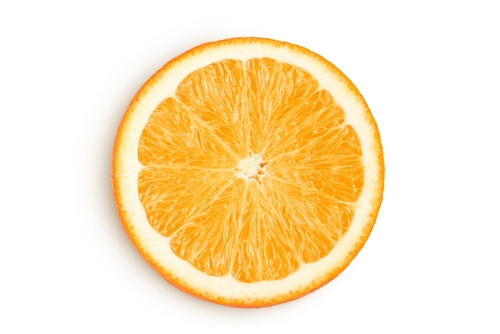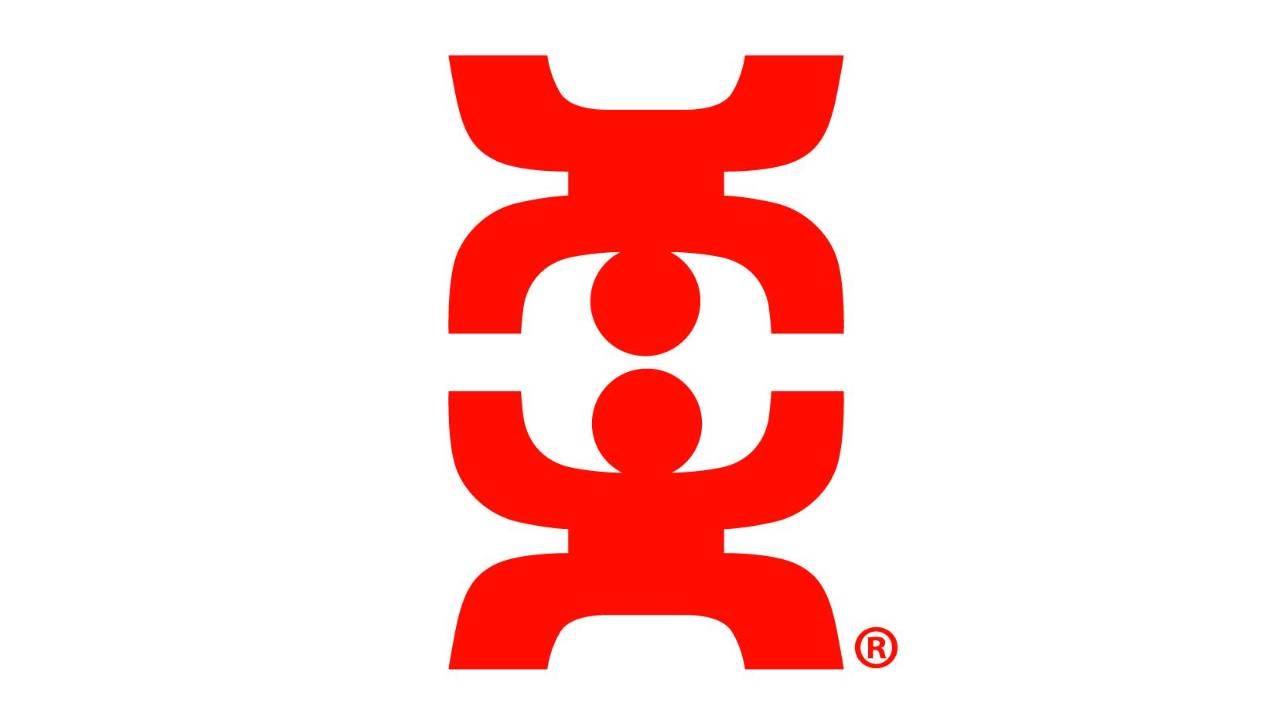The Overlooked Key to Recovery: Why Athletes Need More Vitamin C

If you're someone who trains hard, pushes limits, and thrives on movement, you've likely dialed in your macros, hydration, and maybe even your supplementation routine. But there’s a crucial nutrient that often gets overlooked—one that could mean the difference between faster recovery, stronger joints, and a more resilient body.
That nutrient? Vitamin C.
We all know it as the immune booster our parents swore by during flu season, but its role in athletic performance, recovery, and injury prevention is vastly underrated. And if you’re training hard, you need more of it than the average person.
Vitamin C & Training: What Most People Forget
Vitamin C is essential for collagen production, reducing oxidative stress, and supporting the immune system—all critical for anyone putting their body under consistent physical strain. But here’s what many athletes and fitness enthusiasts don’t realize:
1. Intense Exercise Increases Vitamin C Demand
Training—especially high-intensity or endurance-based workouts—depletes vitamin C levels faster than most people realize. A 2003 study published in the International Journal of Sports Medicine found that athletes who engage in prolonged training have significantly lower plasma vitamin C levels compared to non-athletes. This means that if you’re training hard and not replenishing enough, you could be slowing down your recovery without even knowing it.
2. Vitamin C Is Essential for Tendon & Ligament Strength
Most people associate collagen with skin health, but it’s actually the main structural protein in tendons, ligaments, and cartilage—all things that keep your body functioning optimally during training. Without enough Vitamin C, your body can’t synthesize collagen effectively, leaving you at higher risk for tendon strains, joint pain, and longer recovery times from injuries.
🔎 Little-Known Fact: Some physical therapists and sports scientists are now recommending athletes take Vitamin C with gelatin or collagen supplements about an hour before training. Research suggests that this combination may enhance tendon resilience and repair, a game-changer for those dealing with chronic joint issues.
3. It May Reduce Post-Workout Cortisol Spikes
Cortisol, often called the stress hormone, naturally rises after intense workouts. But prolonged high cortisol levels can lead to muscle breakdown, delayed recovery, and even performance plateaus.
Here’s where Vitamin C comes in: Studies suggest that Vitamin C supplementation can blunt cortisol spikes after strenuous exercise. One study published in Life Sciences found that athletes supplementing with Vitamin C had significantly lower post-exercise cortisol levels, leading to better recovery and less stress-induced muscle breakdown.
4. It Helps Prevent ‘Athlete’s Cold’—And It’s Not Just About the Immune System
We know Vitamin C helps the immune system, but for athletes, there’s an extra layer to this. Intense training can put temporary stress on the immune system, leading to a phenomenon known as the "open window" effect—a period of weakened immunity after hard workouts.
But here’s the twist: Some research suggests Vitamin C not only helps ward off colds but also reduces symptoms if you do get sick—which means you can get back to training faster. A meta-analysis published in Nutrients found that endurance athletes supplementing with Vitamin C had a 50% lower risk of getting a cold after prolonged exercise.
🔎 Little-Known Fact: In some cases, Vitamin C has been shown to reduce lung inflammation in athletes training in cold weather or high-pollution environments, helping maintain optimal oxygen intake during endurance training.
How Much Vitamin C Do You Actually Need?
Most recommendations suggest 75-90 mg per day for the general population—but if you train hard, you likely need double or triple that to meet your recovery demands.
Ideal Vitamin C Intake for Athletes:
🏋️♂️ Strength & Power Athletes: 250-500 mg per day
🏃♂️ Endurance Athletes: 500-1000 mg per day
⏳ During High-Stress Training Periods: Up to 2000 mg per day (divided into smaller doses)
Best Sources: Food vs. Supplements
While it’s best to get nutrients from whole foods, Vitamin C isn’t stored in the body, meaning you need a daily intake to keep levels optimal.
🔹 Best Whole Food Sources:
🍊 Oranges – 70 mg per fruit
🌶️ Red Bell Peppers – 152 mg per cup
🥝 Kiwi – 71 mg per fruit
🍓 Strawberries – 89 mg per cup
🥦 Broccoli – 81 mg per cup
🔹 Best Supplements (If Needed):
💊 Ascorbic Acid – The most common, easily absorbed
💊 Liposomal Vitamin C – Higher absorption, ideal for intense training periods
💊 Ester-C – Buffered, gentle on digestion
Final Takeaway: Don’t Let Deficiency Hold You Back
Most people focus on protein, carbs, and hydration, but micronutrients like Vitamin C are the hidden players that determine how well you recover, how strong your connective tissues stay, and how resilient your body remains under stress.
If you’re pushing your limits, don’t neglect this simple but powerful nutrient. It’s an easy fix—one that could make the difference between hitting PRs and dealing with nagging injuries.
💪 Train hard. Recover smarter. Keep your Vitamin C levels up.
Jonny and Jessica Hinds



Responses